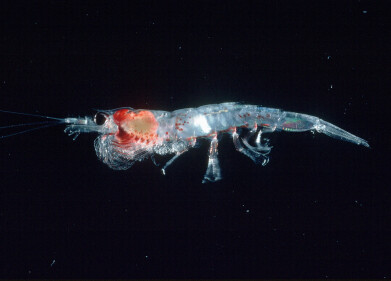Water/Wastewater
Is the World's Deepest Lake Becoming Polluted?
Nov 21 2017
The deepest lake in the world is undergoing its most serious crisis in living memory, according to environmental experts. Lake Baikal in the Russian province of Siberia is designated as a world heritage site by UNESCO and has enjoyed incredibly high biodiversity for centuries, but is now under threat due to climatic conditions and human intervention.
One of a kind
At 1,700m (5,508ft) deep, Lake Baikal is the deepest lake in the world and also the oldest, with more than 25 million years under its belt. It has a total size of 3.2 million hectares (or 7.9 million acres) and holds roughly 5,662 cubic miles of freshwater – that’s the equivalent of 20% of the total unfrozen freshwater in the world, more than all of the Great Lakes in the USA and Canada combined.
Traditionally, it has enjoyed significant biodiversity, with over 3,600 species of plants and animals, many of which are endemic to the region. Unsurprisingly, this has led to the lake becoming a popular tourist attraction with visitors from all over the globe – but its time in the headlines may not have come without a price.
Triple threat
In recent years, the life has come under threat for the increased strain that the influx of tourists has put upon it. This has manifested itself most notably in three distinct areas: the endangerment of its signature fish, the omul; the disappearance and dying out of a variety of sponge species on its bed and the rapid development of a harmful algae in its waters.
Responding to the dwindling numbers of omul fish, the Russian government introduced a ban on commercial fishing of the species at the beginning of October 2017. It’s thought that overfishing of the waters to meet tourist demand is one reason for the fish’s decline, but climate change could also account for the fact, since omul do not like warmer waters.
Meanwhile, the proliferation of the putrid Spyrogyra algae on the lake’s floors and shores has been attributed to not using adequate phosphate filtration methods in nearby sewage plants. The spread of this bacteria has pushed out native forests of sponge on the lake’s floor, with only 11 of 170 tested sponge samples showing signs of health in a study this year.
A “government priority”
Earlier this year, Russian President Vladimir Putin visited the lake and bemoaned the “extremely high pollution” in the area, designating its preservation a “government priority” as a result. To that effect, his government has earmarked for 26 billion rubles (£328.1 million) to finding the best way to clean up the lake, but critics say the money has been largely squandered.
For example, over a hundred million rubles was invested into a Babushkin wastewater treatment plant, only for its operators to find it would not function properly during winter months. Corruption is also a problem, according to some commentators. “As usual, the strictness of our laws is compensated by the fact that following them is optional,” explained ecologist Sergei Shapkhayev. “Money is being allocated but it gets stolen.”
Events
Carrefour des Gestions Locales de L'eau
Jan 22 2025 Rennes, France
Jan 29 2025 Tokyo, Japan
Feb 05 2025 Nantes, France
Feb 16 2025 Kampala, Uganda
Feb 26 2025 Chennai, India




-as-feedstock.jpg)





